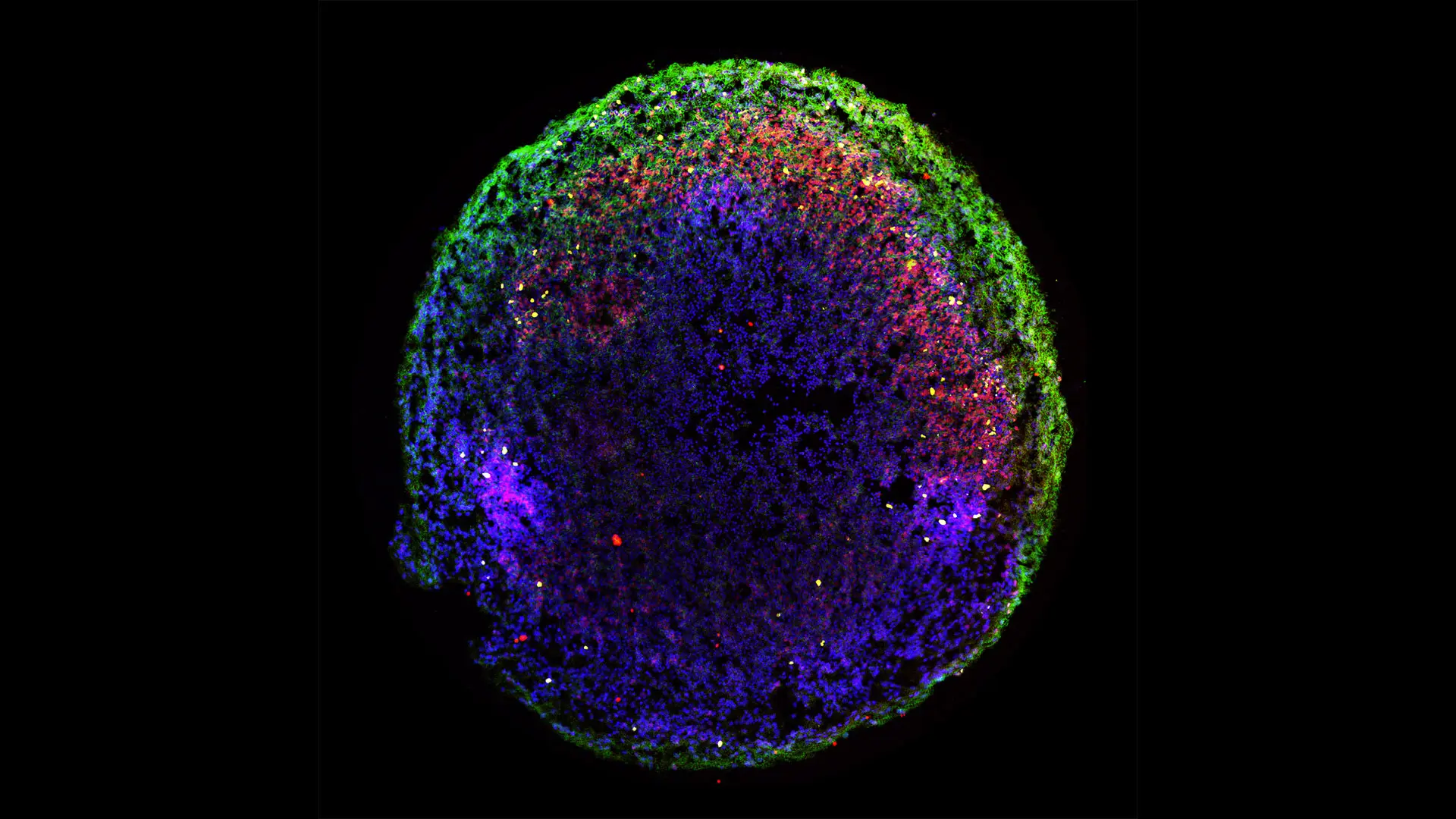They also underscore the singular importance of National Institutes of Health funding of basic research, especially when allied closely with the pharmaceutical and biotechnology industry.
In 2020, much of Mount Sinai’s laboratory and clinical work focused on the virus’s genome and structure, its replication and infectivity, the pathophysiology of its effects on vulnerable humans, and how to treat and ultimately prevent infection.
Far beyond COVID-19, however, Mount Sinai research aimed at conquering other significant diseases of our time continued—eventually, on all cylinders—with new discoveries made on many fronts. We published widely, and we secured new grants. We recruited faculty, with many additional recruits expected in 2021, and we are now planning a major expansion of wet laboratory facilities to accommodate this growth.
In this newsletter, we highlight many of our recent accomplishments, including groundbreaking research on bidirectional interactions between the brain and body. While we have long been aware of such interactions, new work has provided unparalleled insight into the mechanisms by which peripheral organs signal to the brain—and how the brain exerts top-down control over those organs. Our research also reveals how disruptions to those interactions contribute to brain syndromes, such as depression and schizophrenia, as well as such disparate conditions as cardiovascular disease, inflammatory bowel disease, diabetes, and asthma. Leading this effort is the newly established Brain and Body Research Center, ready to capture the synergistic advances that will come from studying the nervous system and the body’s peripheral organs together.
https://twitter.com/SinaiBrain
Featured

Eric J. Nestler, MD, PhD
Nash Family Professor of Neuroscience; Director, The Friedman Brain Institute; and Dean for Academic and Scientific Affairs
